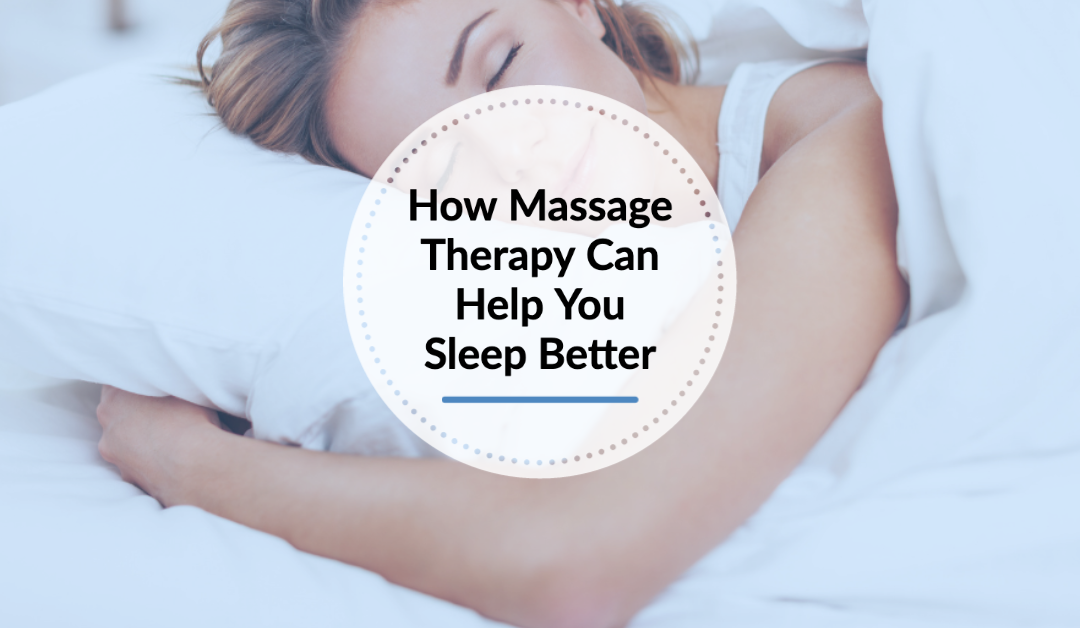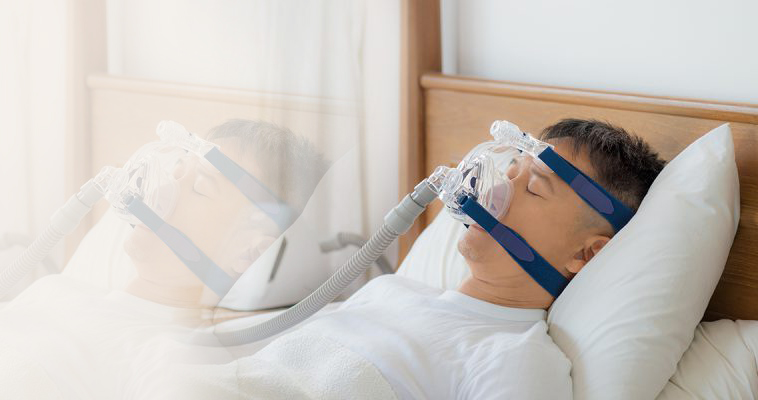Reliable Therapy Solutions for Taking Care Of Sleep Disorders and Enhancing Peaceful Sleep
In the world of medical care, the management of sleep problems and the quest for peaceful rest are essential components of general health. As we navigate the intricate landscape of sleep conditions and look for to boost our sleep experience, a much deeper understanding of these therapy solutions might hold the trick to opening a much more rejuvenating and meeting restorative trip.
Cognitive Behavior Therapy for Insomnia (CBT-I)
Cognitive Behavior Therapy for Sleeping Disorders (CBT-I) is an organized, evidence-based treatment technique that concentrates on attending to the underlying aspects adding to rest disturbances. This kind of treatment intends to modify habits and thoughts that aggravate sleeping disorders, inevitably promoting healthy rest patterns. CBT-I generally entails numerous crucial elements, consisting of cognitive therapy, sleep constraint, stimulus control, and rest hygiene education and learning.
Cognitive treatment assists individuals identify and transform unfavorable thought patterns and ideas regarding rest that may be impeding their ability to fall or stay asleep. Rest constraint involves restricting the amount of time spent in bed to match the person's actual sleep duration, thereby boosting sleep effectiveness (insomnia therapy). Stimulation control methods aid establish a strong organization in between the bed and rest by urging people to head to bed only when drowsy and to prevent participating in promoting activities in bed
In addition, rest hygiene education concentrates on creating healthy rest habits, such as preserving a consistent sleep schedule, developing a relaxing bedtime routine, and enhancing the sleep setting. By dealing with these elements thoroughly, CBT-I supplies an efficient non-pharmacological intervention for taking care of sleep problems and enhancing overall rest top quality.
Rest Health Practices
Having established the foundation of cognitive restructuring and behavior modifications in resolving sleep problems through Cognitive Behavioral Therapy for Insomnia (CBT-I), the emphasis currently moves in the direction of exploring vital Rest Hygiene Practices for preserving optimum sleep high quality and total health.
Rest health methods encompass a variety of behaviors and environmental factors that can significantly impact one's capability to fall asleep and stay asleep throughout the night. Constant sleep and wake times, creating a relaxing bedtime routine, and enhancing the rest atmosphere by keeping it dark, peaceful, and cool are crucial parts of excellent sleep hygiene. Limiting exposure to displays prior to going to bed, staying clear of stimulants like caffeine close to going to bed, and participating in regular exercise throughout the day can additionally promote much better rest high quality.
Moreover, exercising leisure strategies such as deep breathing exercises or reflection prior to bed can aid soothe the mind and prepare the body for rest. By including these sleep health methods right into one's daily regimen, people can establish a healthy sleep pattern that sustains relaxing sleep and total wellness.
Relaxation Methods and Mindfulness
Implementing leisure methods and mindfulness practices can play a crucial duty in promoting a sense of calmness and promoting quality rest. insomnia solutions. These methods intend to silent the mind, lower anxiety, and develop an optimal setting for relaxed rest. One extensively practiced technique is deep breathing workouts, where individuals concentrate on slow, deep breaths to relax the mind and body. Modern muscular tissue relaxation includes tensing and after that launching each muscle group, advertising physical leisure. Additionally, assisted images can assist deliver individuals to a calm place in their minds, assisting in anxiety decrease and improving sleep high quality.
By including these methods into a bedtime regimen, people can signify to their bodies that it is time to prepare and loosen up for sleep. In general, integrating relaxation techniques and mindfulness practices can significantly add to managing sleep problems and improving overall rest top quality.

Medicine Options for Sleep Disorders
After discovering relaxation methods and mindfulness methods as non-pharmacological treatments for improving rest top quality, it is vital to consider medicine options for individuals with sleep conditions. In cases where lifestyle changes and treatment do not give adequate relief, medication can be an important device in managing sleep disturbances.
Typically prescribed medicines for sleep conditions include benzodiazepines, non-benzodiazepine hypnotics, antidepressants, and melatonin receptor agonists. Benzodiazepines, such as diazepam, are sedatives that can aid induce rest, yet they are typically suggested for temporary use because of the risk of dependancy. Non-benzodiazepine hypnotics like zolpidem are likewise utilized to deal with narcolepsy disability sleep problems and have a reduced danger of reliance compared to benzodiazepines. Antidepressants, such as trazodone, can be useful for people with co-occurring anxiety and sleep disruptions. Melatonin receptor agonists, like ramelteon, target the body's natural sleep-wake cycle and can be useful for regulating rest patterns.
It is vital for individuals to speak with a doctor to identify one of the most suitable drug choice based on their details rest condition and case history.
Light Therapy for Body Clock Regulation
Light therapy, also referred to as phototherapy, is a non-invasive therapy technique made use of to regulate body clocks and boost sleep-wake cycles. This treatment entails exposure to intense light that simulates natural sunshine, which helps to reset the body's inner clock. By subjecting individuals to certain wavelengths of light, normally in the morning or night depending upon the wanted result, light treatment can properly change the body clock to advertise wakefulness during the day and boost restful rest during the night.
Research study has shown that light therapy can be especially useful for individuals with body clock problems, such as postponed sleep stage disorder or jet lag. It can also be valuable for those experiencing seasonal affective condition (SAD), a kind of depression that usually takes place during the winter season when all-natural light direct exposure is reduced. Light therapy is generally well-tolerated and can be used combined with other therapy approaches for sleep problems to optimize results and improve overall sleep quality.
Conclusion
To conclude, effective treatment options for taking care of rest problems and improving relaxed rest consist of Cognitive Behavioral Treatment for Sleeplessness (CBT-I), rest health methods, relaxation techniques and mindfulness, medication options, and light treatment for body clock regulation. These methods can help people boost their sleep quality and total health. It is very important to speak with a doctor to determine one of the most ideal approach for addressing rest issues.
As we navigate the complex landscape of rest disorders and look for to improve our sleep experience, a deeper understanding of these therapy remedies may hold the key to opening a much more rejuvenating and meeting restorative trip.
Rest limitation involves restricting the amount of time spent in bed to match the person's actual rest period, consequently increasing rest performance. Regular sleep and wake times, developing a relaxing bedtime regimen, and optimizing the sleep setting by maintaining it dark, silent, and cool are vital elements of good sleep health. Light therapy is usually well-tolerated and can Look At This be used in combination with other treatment approaches for sleep conditions to enhance outcomes and boost general rest quality.
